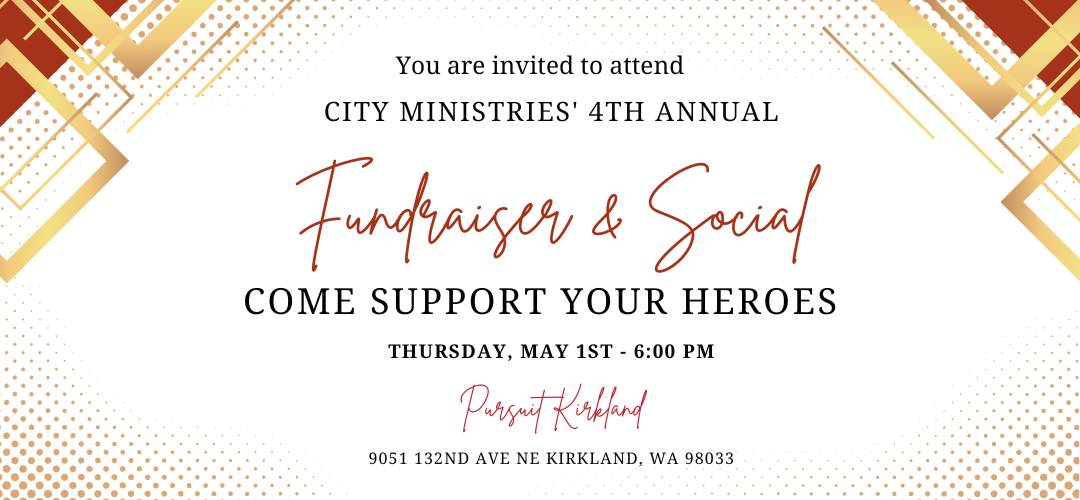Guest Post By Cynthya Littell (Confident Parent Coaching)
Resilience is an important skill for children to develop early on in their life, and caregivers can play a key role in helping a child build resilience. Below are a few suggestions to help you get started in helping your child with this today.
Build a strong emotional connection
Kids develop coping skills within the context of caring relationships. No matter who you are, a parent, a foster parent, a teacher, a caregiver; spend one-on-one time with your child. This means spending un-distracted time with them. No cell phones, no tv, no distractions. You focus 100% on the child in front of you. (Even five minutes a day will be meaningful for a child). When kids know that they have the unconditional support of a parent, family member, teacher, they feel empowered to seek guidance and make attempts to work through difficult situations. This positive connection will allow you as the adult to model coping and problem-solving skills that the children will want to emulate.
Resist the urge to fix it, and ask questions instead
When your child comes to you to solve their problem your natural response may be to do exactly that, solve their problem. You may also naturally want to explain, or even lecture. But a better strategy is to ask questions instead. By bouncing the problem back to your child with your questions, you are helping your child think through the issue and come up with a solution that works best for them. You may be tempted to ask questions that lead to how you would solve the problem, resist this too, ask genuine questions that will help them solve this problem in their own way. This process builds exceptional trust between you and the child. They feel heard and supported and will be more likely to come to you again and again.
Teach problem solving skills
The goal is not to promote rugged self-reliance. We all need help sometimes and it is absolutely important for kids to know that they have help! By brainstorming solutions with your children, you are engaging in the process of solving problems. Encourage questions. Have your kids come up with a list of ideas. Make a pro/con list. The point is to help them move forward boldly rather than retreat.
Label the emotion
When your child is young, label the emotion as they’re feeling it. Start before they can talk, this way as they’re feeling their feelings, they have a word to associate with it. As your child grows older, teach them that all their feelings are important and valid (even the so-called bad ones). Labeling these feelings can help your child make sense of what they’re experiencing. Let them know that it’s okay to feel sad, jealous, anxious. If need be, breathe deep with them. When they feel heard, their feelings don’t hold as much weight anymore. The feelings will pass.
Promote healthy risk-taking
In a world where playgrounds are made “safe” with bouncy floor materials and helicopter parenting, it’s important to encourage kids to take healthy risks. This will be a skill you need to learn just as much as your child if you tend to be that parent that solves everything for your child. What is a healthy risk? A healthy risk is something that pushes your child to go outside of their comfort zone. When they’re young, it may be learning to play on their own instead of always having you play with them. As they grow it may be learning to ride their bike without training wheels, or striking up a conversation with another peer, trying out for a new sport, or auditioning for a play.
When kids avoid risk, they internalize the message that they are not strong enough to handle challenges. When kids embrace risks, they learn to push themselves.
Demonstrate coping skills
Deep breathing. Journaling. Taking quiet time for yourself. Playing an instrument. Experimenting with different mediums of art.
Embrace mistakes – theirs and yours
Children who avoid failure lack resilience. In fact, those who avoid failure tend to be highly anxious. When you focus on the end results, your children get caught up in the right/wrong; pass/fail cycle. There is either success or failure. Nothing in-between. This causes risk avoidance. Embracing your mistakes and your children’s mistakes helps them learn. Try talking to your children about mistakes you made and how you recovered from them!
Promote what is going right.
What you focus on increases.. When you catch your child doing something well, they want to do that again. Likewise, when you focus on what they are doing wrong, they will want to do that again. This doesn’t mean we can’t tell our children that they’ve done something wrong when they have, this means that we need to get into the habit of pointing out all the things they do right and well more often.
Be optimistic.
Optimism builds resiliency; they go hand in hand. You can be optimistic and still fail. Actually, it’s those who embrace their failure that are the most optimistic. The more we fail, the more we learn! If you have a mini-pessimist on your hands, acknowledge their feelings that led to their pessimistic thinking and teach your child to reframe their thoughts! Optimism must be nurtured.
Ex.: I’m terrible at shooting free-throws.
Reframe: The more I miss, the better I get at knowing how to position my body, where to put my feet, how to hold my arms, when to flick my wrist. I am learning!
Model resiliency
The best way to teach your children resilience is to model it yourself. We all encounter stressful situations! The most effective way to work through stress is to breathe deep, label your emotions, and talk through your problem-solving process.
Go outside
Exercise builds resilience in every part of our body! It builds confidence, it releases endorphins, it strengthens our brain making us more resilient to stress and adversity. Team sports build essential skills, helping your child learn to win well and lose well, how to get along with other people, to be a part of a bigger group and work toward a common goal. Individual sports build confidence, self-reliance skills, tenacity, and will. Just being outside gives a sense of freedom and fun.
Resilience is an important essential skill to help your children navigate the obstacles they will encounter as they grow. You are a key part of this resilience building process! Go over this list often, take action, do one thing at a time. You got this!



